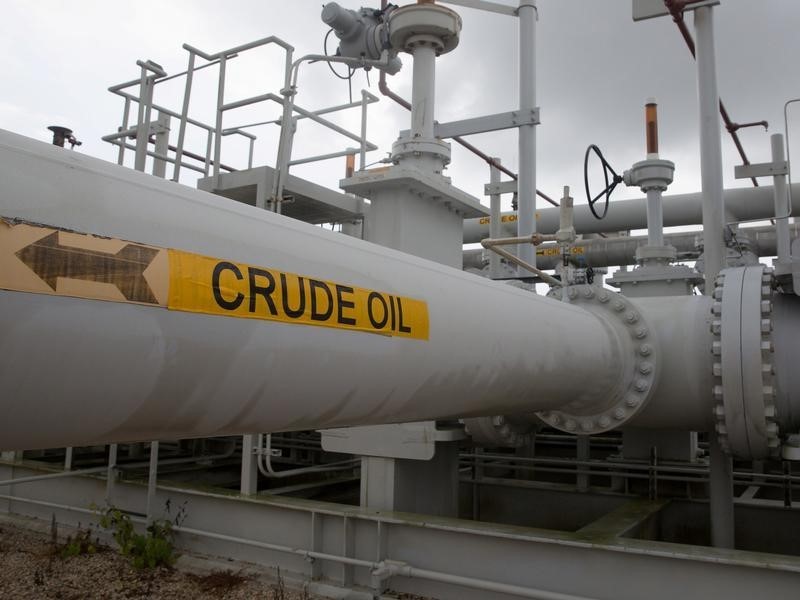Investing.com — Oil prices edged higher on Thursday as rising tensions in the Middle East fueled concerns about global supply disruptions, overshadowing data from a day earlier that showed a surprise rise in U.S. inventories .
At 2:30 PM ET (18:30 GMT), the stock rose 1.3% to $86.39 per barrel, while it rose 1% to $81.74 per barrel.
Tensions are rising in the Middle East
Concerns about the possibility that the war between Israel and Hamas in Gaza will spread across the Middle East, an oil-rich region, have long provided underlying support for the market.
Cross-border tensions between Israel and Lebanese Hezbollah have escalated in recent weeks, and Turkish President Tayyip Erdogan added to this, saying his country stood in solidarity with Lebanon and calling on countries in the region to show their support.
This led to fears that other regional powers could be drawn into the conflict, including major oil producer Iran.
Meanwhile, Israeli forces continued to bomb Gaza in the long war with the Iran-backed militant Hamas group
US inventories are growing unexpectedly, gasoline inventories are rising
Government data released on Wednesday showed the US grew by around 3.6 million barrels (mb) in the week to June 21, clouding expectations for a 2.6m barrel decline.
More worrying was the built-in 2.7mb, which indicated that fuel economy remained weak even with the onset of the travel-heavy summer season.
The stockpile increased concerns that U.S. fuel demand was slowing, especially as the country struggles with persistent inflation and high interest rates.
“Despite lower refinery activity, gasoline inventories still increased by 2.65 million barrels. Implied gasoline demand was weaker over the period, declining by 417,000 b/d WoW. This will not help alleviate concerns about gasoline demand now we go deeper into the summer,” say analysts from ING in a note.
Still, recent assurances from Saudi Arabia and the broader OPEC+ alliance that they remain committed to keeping the market stabilized have provided comfort to markets, ANZ Research said in a recent note.
(Peter Nurse, Ambar Warrick contributed to this article.)


